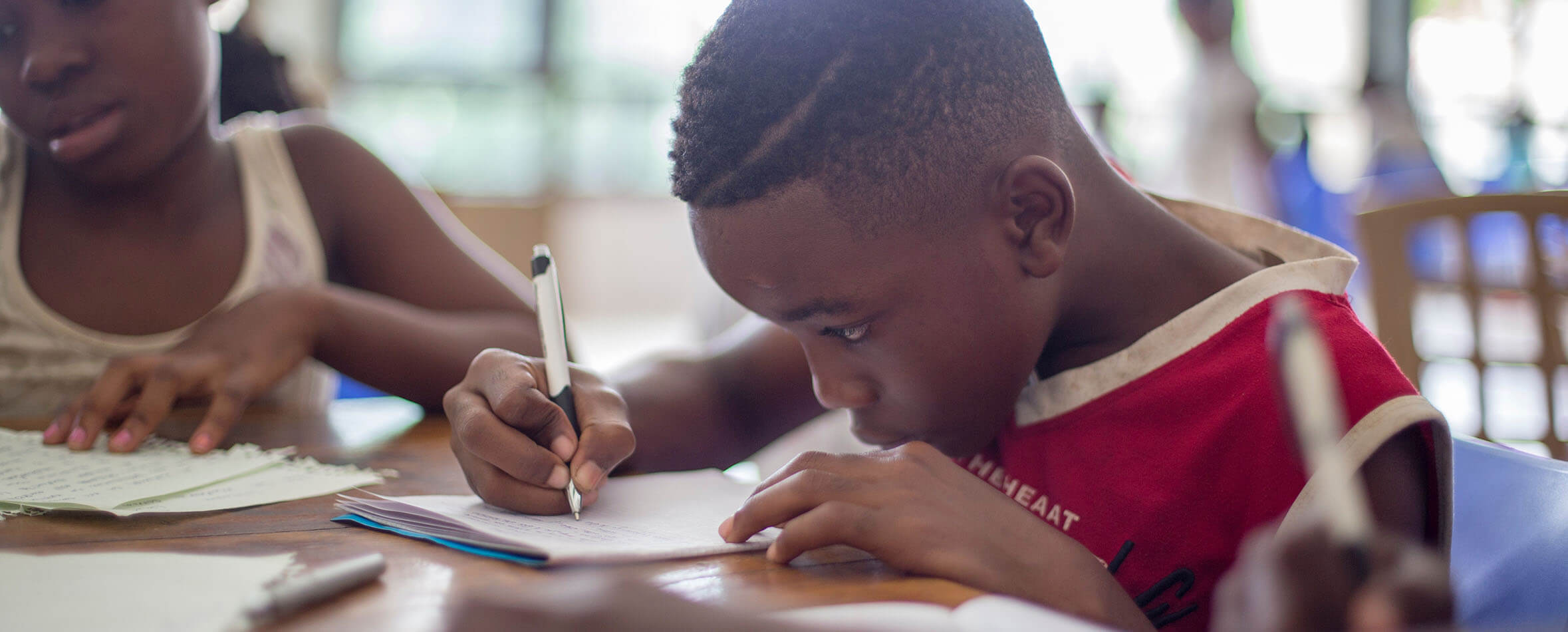COVID-19 resources
Know your rights as an educator and find the resources you need to keep you and your students safe during the pandemic.
Lesson plans and other resources
- American Federation of Teachers: Share My Lesson
Nearly 300,000 resources and lesson plans by teachers for teachers. - National Education Association lesson plans
- Minnesota Association of Children’s Mental Health
Classroom activities, guides for educators and more related to children’s mental health. - Minnesota Public Radio
Class Notes – Free resources for music education teachers.
Sound Learning – Text and audio clips you can use in the classroom, made available in part by a grant from the Education Minnesota Foundation. - Teacher Tube
Instructional videos for teachers and students. - The Teaching Channel
Showcasing lesson ideas and best practices via video. - TED-Ed Website
A groundbreaking website that enables teachers to create unique lesson plans. - UDL Exchange
Lesson plans and other resources based on universal design for learning principles.
Visit us on Pinterest! Our two dozen boards cover everything from lesson plans to professional development to savings just for educators.
Student success
As educators, it is our duty to advocate and fight for our students — now more than ever.
We’ve compiled the following resources to help you teach, talk to and advocate for students of all backgrounds on a variety of issues. Find something we missed? Contact us.


